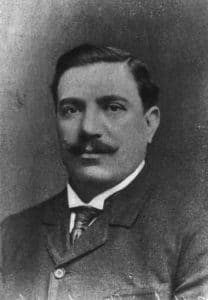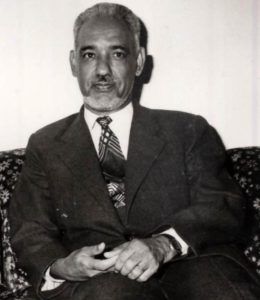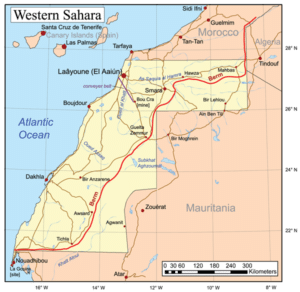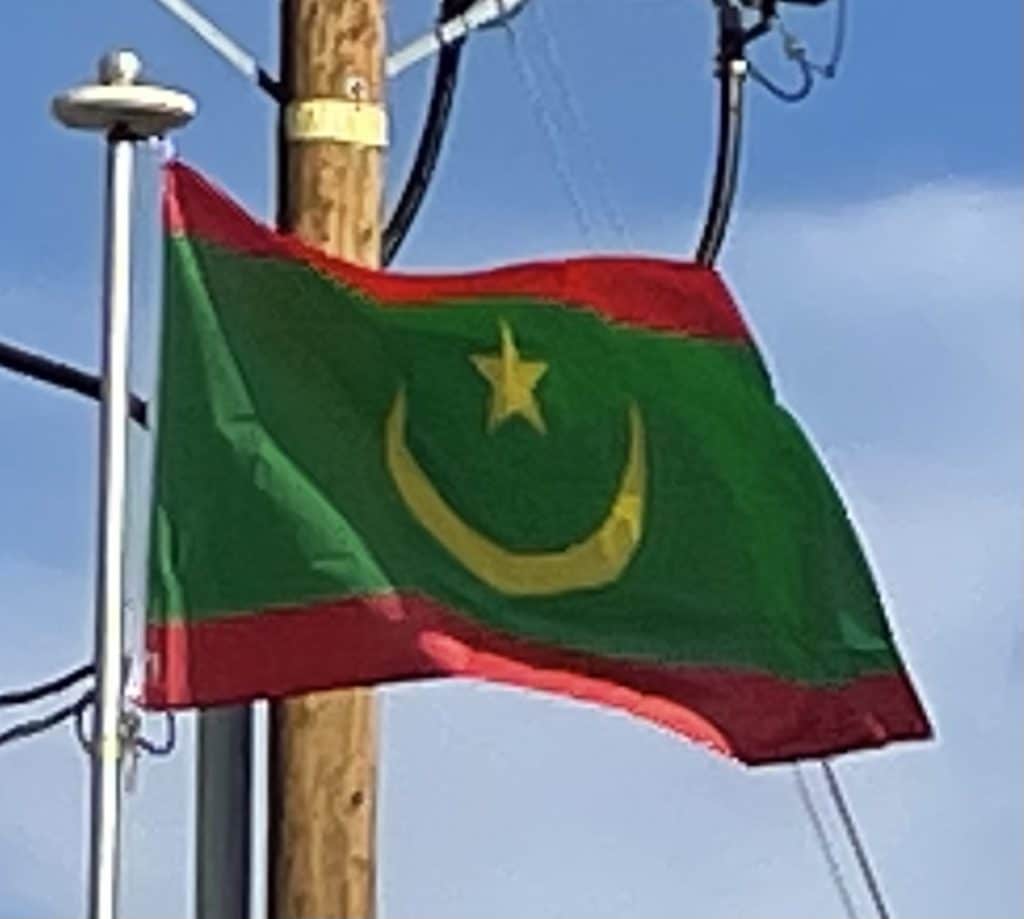
French rule brought legal prohibitions against slavery and an end to inter-clan warfare. During the colonial period, 90% of the population remained nomadic. Many sedentary peoples, whose ancestors had been expelled centuries earlier, began to trickle back into Mauritania. The previous capital of the country under the French rule, Saint-Louis, was located in Senegal, so when the country gained independence in 1960, Nouakchott, at the time little more than a fortified village (“ksar”), was chosen as the site of the new capital of Mauritania.
After gaining independence, larger numbers of indigenous Sub-Saharan African peoples (Haalpulaar, Soninke, and Wolof) entered Mauritania, moving into the area north of the Senegal River. Educated in French language and customs, many of these recent arrivals became clerks, soldiers, and administrators in the new state. This occurred as the French militarily suppressed the most intransigent Hassane tribes in the north. This changed the former balance of power, and new conflicts arose between the southern populations and Moors.
Ould Daddah Era (1960–1978):
Mauritania became an independent nation in November 1960. In 1964 President Moktar Ould Daddah, originally installed by the French, formalized Mauritania as a one-party state with a new constitution, setting up an authoritarian presidential regime. Daddah’s own Parti du Peuple Mauritanien (PPM) became the ruling organization in a one-party system. The President justified this on the grounds that Mauritania was not ready for western-style multi-party democracy. Under this one-party constitution, Daddah was reelected in uncontested elections in 1976 and 1978.

Daddah was ousted in a bloodless coup on 10 July 1978. He had brought the country to near-collapse through the disastrous war to annex the southern part of Western Sahara, framed as an attempt to create a “Greater Mauritania”.
Conflict with Western Sahara:
The International Court of Justice has concluded that in spite of some evidence of both Morocco’s and Mauritania’s legal ties prior to Spanish colonization, neither set of ties was sufficient to affect the application of the UN General Assembly Declaration on the Granting of Independence to Colonial Countries and Peoples to Western Sahara.
Mauritania, along with Morocco, annexed the territory of Western Sahara in 1976, with Mauritania taking the lower one-third at the request of Spain, a former imperial power. After several military losses from the Polisario – heavily armed and supported by Algeria, the regional power and rival to Morocco – Mauritania withdrew in 1979. Its claims were taken over by Morocco.

Due to economic weakness, Mauritania has been a negligible player in the territorial dispute, with its official position being that it wishes for an expedient solution that is mutually agreeable to all parties. While most of Western Sahara has been occupied by Morocco, the UN still considers the Western Sahara a territory that needs to express its wishes with respect to statehood. A referendum, originally scheduled for 1992, is still supposed to be held at some point in the future, under UN auspices, to determine whether or not the indigenous Sahrawis wish to be independent, as the Sahrawi Arab Democratic Republic, or to be part of Morocco.
CMRN and CMSN Military Governments (1978–1984):
Col. Mustafa Ould Salek’s CMRN junta proved incapable of either establishing a strong base of power or extracting the country from its destabilizing conflict with the Sahrawi resistance movement, the Polisario Front. It quickly fell, to be replaced by another military government, the CMSN.
